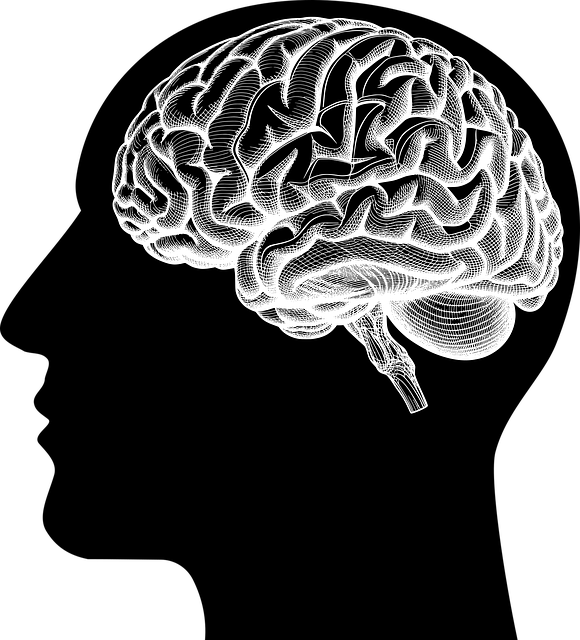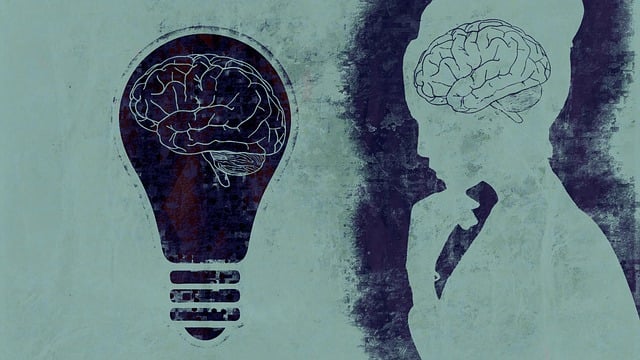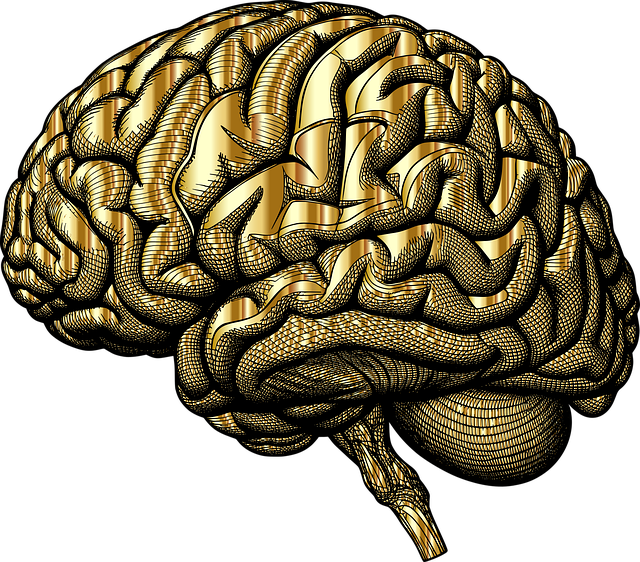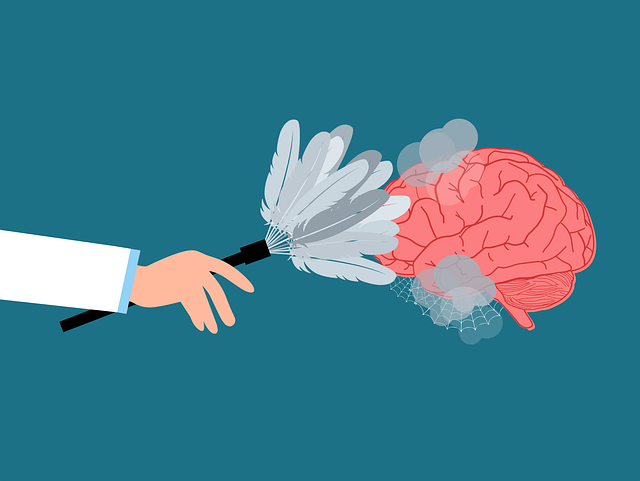Mental Health Crisis Hotlines in Highlands Ranch provide 24/7 support for acute emotional distress, including chronic pain therapy cases. Trained professionals offer immediate confidential assistance, crisis intervention, and de-escalation techniques for issues like anxiety, depression, suicidal thoughts, and substance abuse. With a focus on the intersection of chronic pain and mental health, Highlands Ranch Chronic Pain Therapy offers specialized services using cognitive-behavioral therapy, mindfulness, and stress reduction. These resources, along with post-crisis care, empower individuals to manage their conditions effectively through holistic coping strategies.
In today’s fast-paced world, mental health crisis hotline support services are an essential safety net. These hotlines provide immediate assistance during times of distress, offering a confidential space for individuals to share their struggles. This article explores various aspects of crisis support, including the vital role played by Highlands Ranch Chronic Pain Therapy in assisting those in crisis. We’ll delve into accessing emergency psychological assistance, recognizing signs that warrant help, and post-crisis care strategies for recovery.
- Understanding Mental Health Crisis Hotlines
- The Role of Highlands Ranch Chronic Pain Therapy in Crisis Support
- Accessing Emergency Psychological Assistance
- Common Signs and Triggers for Seeking Help
- Post-Crisis Care and Recovery Strategies
Understanding Mental Health Crisis Hotlines

Mental Health Crisis Hotlines serve as vital resources for individuals experiencing acute emotional distress or a mental health emergency. These 24/7 services provide immediate support, offering confidential conversations with trained professionals who can offer guidance, crisis intervention, and de-escalation techniques. By dialing these numbers, people in Highlands Ranch struggling with chronic pain therapy, trauma support services, or seeking compassion cultivation practices can access timely help.
The hotlines are designed to be a first point of contact for those dealing with mental health crises, whether it’s related to anxiety, depression, suicidal thoughts, or even substance abuse. Trained counselors and mental wellness coaching programs development specialists on the other end are equipped with strategies to assess the situation, provide emotional relief, and connect individuals with appropriate long-term support resources, ensuring that those in need receive compassionate care tailored to their unique circumstances.
The Role of Highlands Ranch Chronic Pain Therapy in Crisis Support

Highlands Ranch Chronic Pain Therapy plays a pivotal role in crisis support by addressing the often-overlooked connection between chronic pain and mental health. Many individuals facing mental health crises also suffer from chronic pain, creating a complex interplay that can exacerbate both conditions. The therapy center offers specialized services tailored to these dual challenges, focusing on holistic treatments that combine physical, emotional, and psychological care.
Through evidence-based practices such as cognitive-behavioral therapy, mindfulness techniques, and stress reduction methods, Highlands Ranch Chronic Pain Therapy empowers individuals to develop inner strength and resilience. This comprehensive approach not only provides immediate crisis support but also equips clients with long-term coping strategies to manage both mental health issues and chronic pain effectively, aligning with the broader goals of Mental Health Policy Analysis and Advocacy aimed at improving access to quality care.
Accessing Emergency Psychological Assistance

In moments of intense emotional distress or when facing a mental health crisis, immediate access to emergency psychological assistance can be life-saving. The Highlands Ranch community is fortunate to have various hotline support services readily available, designed to provide crucial intervention and guidance. These hotlines are often staffed by trained professionals who offer confidential and non-judgmental listening ears, enabling individuals to share their concerns and receive the help they need.
For those grappling with chronic pain or related mental health challenges, these emergency resources can be instrumental in fostering mental health awareness. By employing empathy building strategies and promoting positive thinking, hotline counselors assist callers in navigating turbulent times. Whether it’s a crisis of anxiety, depression, or a unique instance of Highlands Ranch chronic pain therapy, the hotlines offer a safe space to connect with supportive professionals who prioritize individual well-being.
Common Signs and Triggers for Seeking Help

Many individuals experiencing a mental health crisis may exhibit common signs and triggers that prompt them to seek help. These can include persistent feelings of sadness, hopelessness, or extreme anxiety; sudden changes in sleep patterns or appetite; increased substance use; and thoughts of self-harm or suicide. In the case of chronic pain, such as that often managed through Highlands Ranch Chronic Pain Therapy, mental health issues like depression and anxiety are not uncommon. Pain can significantly impact one’s mood, leading to irritability, frustration, and even despair.
Triggers for seeking help might stem from stressful life events, such as job loss or relationship breakdowns, or from ongoing challenges like financial difficulties or chronic illness. For those in pain management, communication strategies learned through therapy become crucial when discussing emotional struggles with healthcare providers. Moreover, ensuring cultural competency training for healthcare providers can foster a supportive environment, addressing the unique needs and concerns of diverse individuals seeking mental health hotline support.
Post-Crisis Care and Recovery Strategies

Post-crisis care is a vital component of supporting individuals through mental health challenges. Following a crisis, many people require ongoing support to navigate their recovery journey. This often involves a combination of therapeutic interventions tailored to their specific needs. For instance, Highlands Ranch Chronic Pain Therapy offers specialized programs designed to help individuals manage long-term pain and its impact on mental wellness. These programs can include individual therapy sessions, group support groups, and education workshops focused on coping strategies and self-care practices.
Recovery is a personalized process, and effective post-crisis care recognizes this. Mental health education programs play a crucial role in empowering individuals to understand their conditions and develop resilience. Through these programs, users gain valuable knowledge about mental health policy analysis and advocacy, enabling them to access appropriate resources and services. By combining therapy, support groups, and educational initiatives, recovery strategies become comprehensive, fostering long-term mental health stability.
Mental health crisis hotlines play a vital role in providing immediate support, offering a safe space for individuals in distress. As discussed, services like Highlands Ranch Chronic Pain Therapy contribute significantly to crisis intervention and post-crisis care. By recognizing common triggers and understanding the importance of early intervention, we can ensure better access to emergency psychological assistance. Remember that seeking help is a courageous step towards recovery, and these resources are readily available to support those in need.














